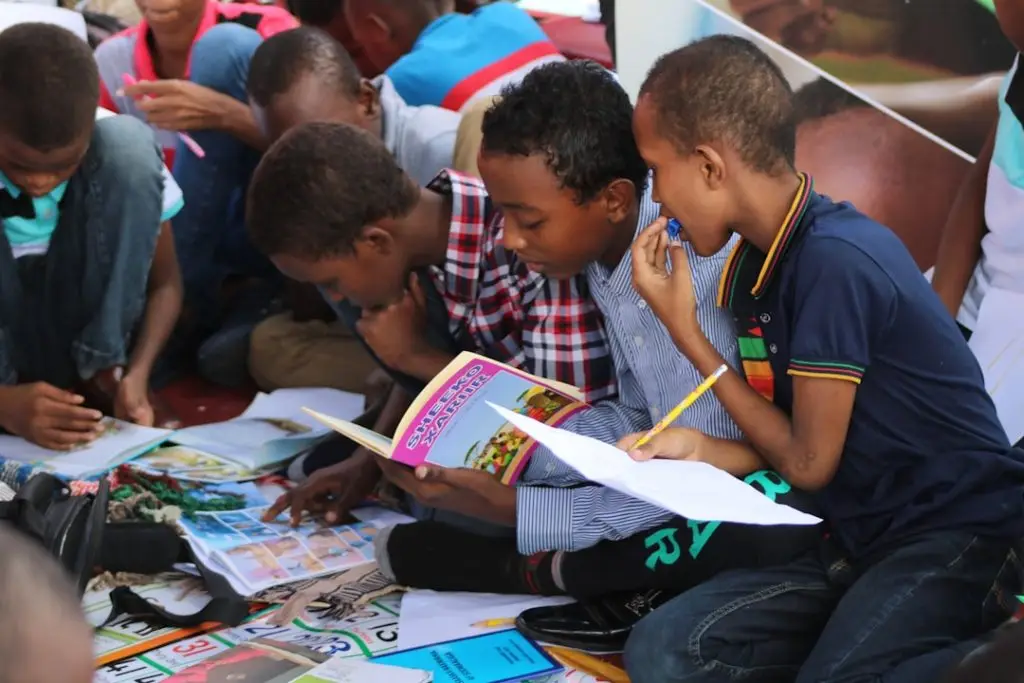Do Secular Colleges Cause Students to Lose Their Christian Faith?
In today’s society, the question of whether secular colleges contribute to the loss of Christian faith among students has become a pressing concern for many families. Dr. Bill Brannan, a pastor and educator, delves into this important topic, challenging traditional views on Christian education and the role it plays in shaping a student’s faith. This blog post will explore his insights and suggestions on fostering a resilient faith in the face of secular education.
Understanding the Concern
For decades, parents have worried about their children losing their faith once they step into secular college environments. The statistics are alarming, and as a result, many parents choose to send their children to Christian colleges or even discourage them from attending college altogether. The common narrative focuses on the dangers posed by the ideas, values, and culture found on college campuses. However, Dr. Brannan urges us to reflect on how we educate our children before they reach college.

Photo by Kimberly Farmer on Unsplash
He poses a critical question: Are we inadvertently setting our children up for failure by not preparing them adequately for the challenges they will face? Instead of solely focusing on the external threats posed by secular institutions, we must also consider the implications of withdrawing from academia and what that means for the development of our children’s faith.
The Challenge of Christian Education
Dr. Brannan draws parallels to the biblical figure Daniel, who thrived in a secular environment without losing his faith. He argues that the way we approach Christian education might be inadvertently training our children to lose their faith in college. The emphasis should not be on indoctrination but rather on teaching students how to think critically and independently.
In his experience as a head of a private Christian K-12 Academy, he recalls a tragic period when three students ended their lives. This prompted him to question the effectiveness of an education system that prioritized conformity over genuine understanding. Students were tested on their ability to regurgitate information rather than engage with it critically. This approach created an environment where students could not express doubt or wrestle with complex ideas.

Photo by Ismail Salad Osman Hajji dirir on Unsplash
Dr. Brannan emphasizes that we must cultivate a love for virtue, wisdom, truth, and beauty in our educational systems. If we focus solely on conformity, we risk producing individuals who are ill-equipped to navigate the complexities of life outside their educational bubble.
Encouraging Critical Thinking
One of the primary issues Dr. Brannan identifies is the fear that many Christian educators and parents have regarding exposure to differing ideas. This fear can lead to the banning of literature, such as George Orwell’s “1984,” from classrooms. While the intention is to protect students, it raises the question of whether we are truly preparing them for the real world.
Dr. Brannan suggests that instead of shielding children from challenging ideas, we should encourage them to engage with these concepts in a safe environment. By doing so, we can help students navigate complex discussions and develop the critical thinking skills necessary for their future.

Photo by Arthur Lambillotte on Unsplash
For instance, the Epic of Gilgamesh presents numerous moral and philosophical dilemmas that can spark meaningful conversations. Instead of avoiding these texts, educators should guide students in exploring the ideas presented and understanding their implications.
The Role of Exposure in Education
Dr. Brannan argues that exposure to different ideas and values is essential for developing resilience and a robust faith. He believes that sheltering children from the complexities of the world will not prepare them for the challenges they will face in secular colleges and beyond.
He poses a thought-provoking question: If we are overly concerned about controlling our children’s environment, what kind of world are we preparing them for? By fostering an environment where students can express their doubts and questions, we can empower them to develop a strong foundation for their beliefs.

Photo by Sebastian Herrmann on Unsplash
Ultimately, the goal should be to equip our children to be lights in the world, rather than retreating into a bubble of protection. This approach encourages them to embrace their faith while engaging with the diverse perspectives they will encounter in life.
Creating a Culture of Dialogue
Dr. Brannan advocates for a culture of respectful dialogue, where differing views can be discussed openly. This approach promotes understanding and encourages students to think critically about their beliefs. It is crucial to foster civil discourse and teach students to love and respect others, even when they disagree.
Rather than focusing solely on doctrinal conformity, we should emphasize the importance of virtue, wisdom, truth, and beauty. By nurturing these qualities, we can help create a generation of individuals who are capable of making meaningful contributions to society while remaining steadfast in their faith.

Photo by Annie Spratt on Unsplash
Through this lens, we can see that the goal of education should not be to eliminate differing viewpoints but to prepare students to engage with them thoughtfully and respectfully.
Conclusion: A Call to Action
In conclusion, Dr. Brannan’s insights challenge us to rethink our approach to Christian education and the way we prepare our children for the world. Instead of fostering fear and control, we should focus on cultivating critical thinking skills and encouraging open dialogue.
As parents and educators, we have a responsibility to equip our children with the tools they need to navigate the complexities of life while remaining true to their faith. By doing so, we can create a world where human flourishing, liberty, justice, dignity, and prosperity are attainable for future generations.

Photo by Alexander Grey on Unsplash
Let us strive to empower our children to be confident in their beliefs, engage with diverse perspectives, and contribute positively to society. In doing so, we create a brighter future for all.


